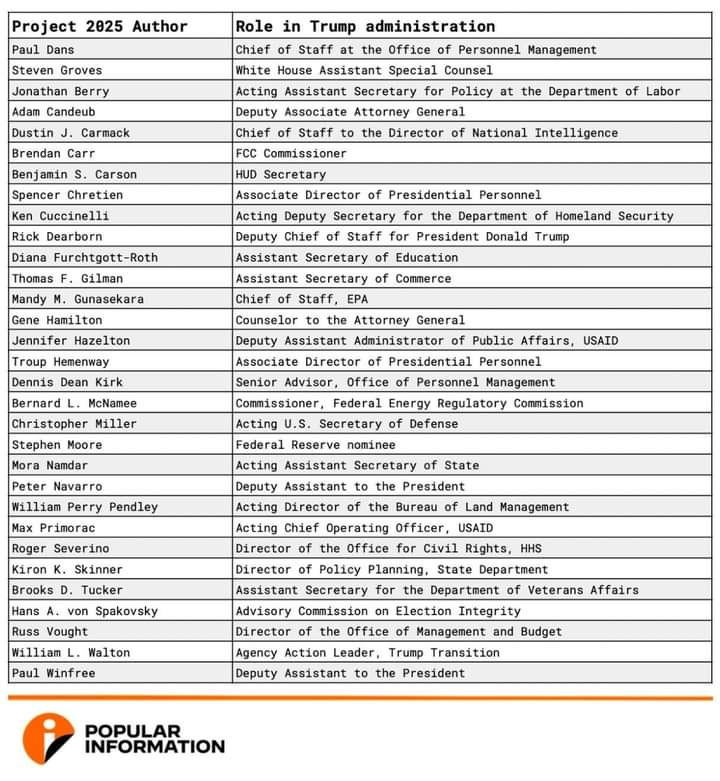In the past few weeks, the American presidential race has given reality TV a run for its money. Between an assassination attempt and an incumbent dropping out of the race, it feels like we’re veering back towards the unprecedented times of four years ago.
One thing that struck me as I watched coverage of last week’s Republican National Convention were the ways that speakers were invoking God. Talking about God isn’t new territory—both parties have a long history of wrapping themselves up in the Bible when it suits them, Republicans especially—but with Trump, the rhetoric goes even further. Since his attempted assassination, some Republicans are ready to proclaim Trump as God’s chosen candidate.
Evangelicals aren’t dumb—they know that Trump’s professions of belief are fake. But many believe that God will “use” Trump. In his previous presidential term, Trump was often compared to Biblical accounts of Cyrus the Great of Persia. According to Trump apologists, God was using non-believer Trump to accomplish God’s will.
How does it come to pass that a thrice-married adulterer who’s totally cool with disrupting the peaceful transfer of power and calling for the assassination of his own vice president (an Evangelical Christian, no less)—how does a person like that come to be venerated as a savior by millions of American Christians? The answer, I believe, is Christian Nationalism.
In his book, American Idolatry: How Christian Nationalism Betrays the Gospel and Threatens the Church, sociology professor Dr. Andrew L. Whitehead argues that Christian Nationalists have forsaken long-held Biblical teachings in favor of idolizing three things: power, fear, and violence. The Christian Right has been stoking fear of the government since the 1970s, telling generations of Christians that they must either rule or face oppression and possible martyrdom. The message has been that power must be maintained at all costs, even through the power of what historian Kristen Du Mez calls “redemptive violence.” Here there are no meek inheriting the earth, here there is only control others or be controlled.
Listening to Slate’s Mary Harris interviewing Republican delegates on the ground last week, I was struck by how the delegates struggled to answer the question, “What does it mean to be Republican right now?” In most years, this would be met with a list of policy proposals. But with the Teamsters president speaking at the convention and the addition of a free-trade critical VP, there’s little consensus around official policy. What came across more and more was a group of people who feel aggrieved, who are starving for a win. It’s us-vs-them all the way down. Our guy will win, we will be on top. They will lose.
Into this policy vacuum stride the Heritage Foundation’s Project 2025 and Christian Nationalism. If you thought that a multi-state abortion ban was the end goal, hold on to your hats. Christian Nationalism has bigger, more far-reaching plans, many of which are exemplified in Project 2025, which was co-authored by thirty-one former Trump appointees or nominees, including some self-described Christian Nationalists.
A real-life example of a Christian Nationalist community can be seen in Christ Church, a fundamentalist megachurch that some local residents fear is trying to take over the town of Moscow, Idaho. This church offers a kind of blueprint for what Christian Nationalists would like to see: parallel systems of education, businesses and local government headed by Christians, where women are stripped of decision-making power and made vulnerable to abuse under the guise of male headship. One thing journalists urge people to watch for are ideas like “household voting” where a couple or family only get one vote—effectively stripping most women of voting rights.
It’s not my intention to fearmonger. My hope is that the next president won’t bring about radical change and that common sense will prevail. I truly believe that most Americans are reasonable people who want what’s best for each other. But I do think it’s important to call out Christian Nationalism when we see it and to say the quiet part out loud: this is not normal. Christian Nationalists’ myths about our nation being founded for Christians, by Christians, is just that—a myth. Their desire to eradicate the separation between church and state is fundamentally a destructive idea that will lead to the erosion of our freedoms of speech and assembly.
It’s incumbent upon Christians to speak up against Christian Nationalism, just as hundreds did last week in Milwaukee. We must reclaim a gospel that has been tarnished by the unabashed pursuit of power. We must call back, again and again, to a Jesus who came not to rule, but to serve. The story we have to live out is that of a god who willingly laid aside his power to enter into solidarity with the poor and oppressed. May we spurn the cheap glory of a bully’s victory and instead show the true power of solidarity and love.
Had you heard of Christian Nationalism before? Do you see signs of it at work in your local politics? How are you finding hope in this stressful time?
Programming Note: I’m going on vacation for the next two Wednesdays, so I’ll be reposting some older work here. If a bunch of crazy politics stuff happens between now and early August, maybe I’ll pop in with some more stuff on Christian Nationalism.
BONUS MATERIALS:
-gift link to NYT’s coverage on Christian Conservatism at the RNC
-Popular Information has a great breakdown of Project 2025 and its ties to Trump
-Fascinating NPR podcast on Christ Church
-friend of the ‘Stack, Sarah Stankorb, interviewed the podcasters
-feeling overwhelmed? Maybe just try the John Oliver version?






Yeah the rhetoric at the RNC was pretty wild, very intentional imagery of him "sacrificing" for the people 🙄
Well stated and very insightful.